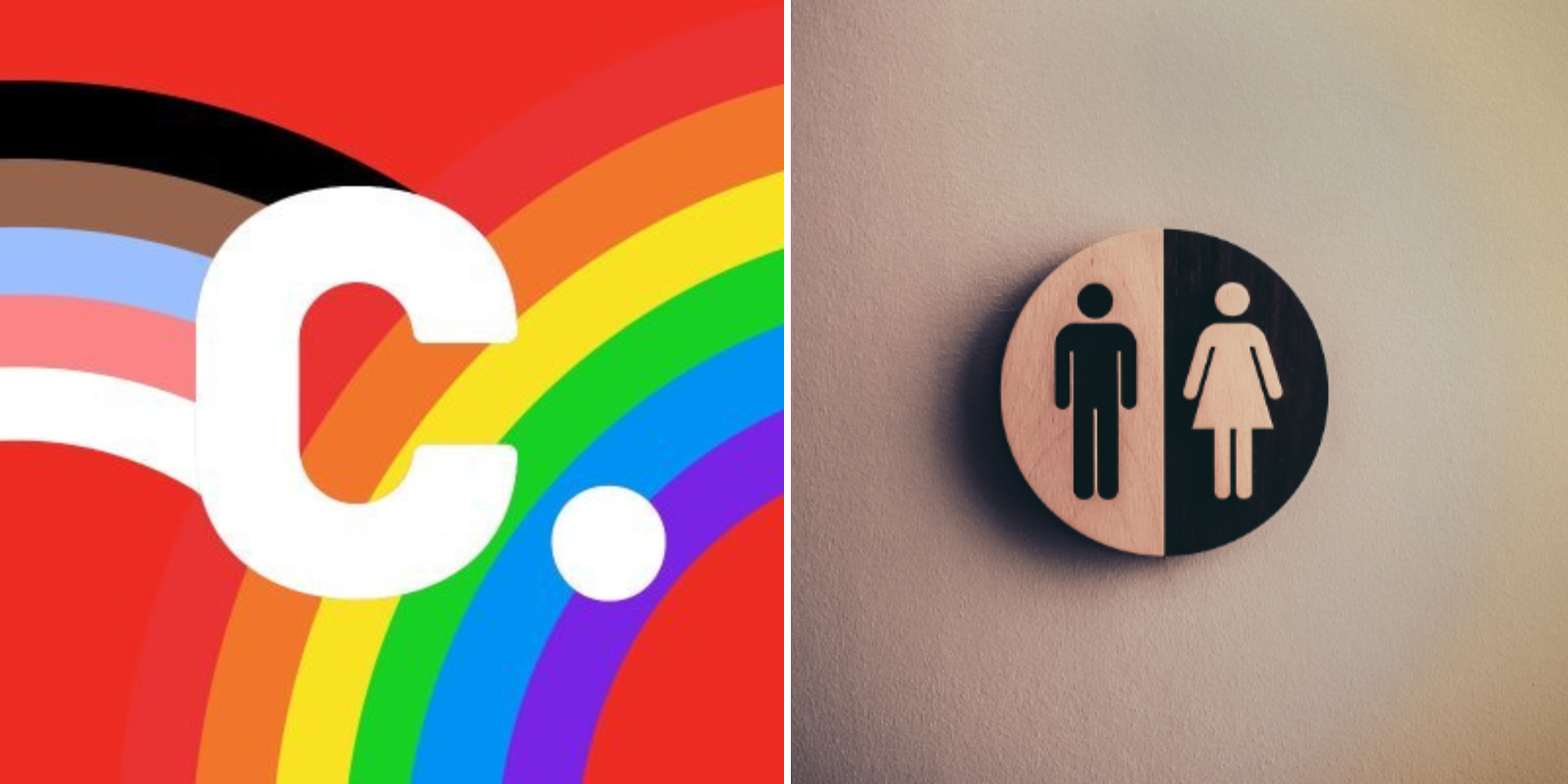Germany has partnered with healthcare start-up Thryve to develop a smartwatch app in an effort to monitor and mitigate the spread of the novel coronavirus. The Corona Data Donation application is designed to gather vital signs—including sleep, temperature, and pulse—to diagnose those who may potentially be infected.
According to Reuters, “Results will be represented in an interactive online map that would make it possible—together with other data inputs—for the health authorities and the general public to assess the prevalence of infections down to postcode level.”
While the Corona Data Donation is available for download at the Google Play Store and the Apple App Store, the German government has made it clear that use of the app is strictly voluntary and all data collected will be processed anonymously. To register, one need only enter their postcode, age, sex, height, and weight.
Together with Robert Koch-Institut - Germany’s national centre for disease control -, we at Thryve developed Germanys official corona-app aimed to improve transparency on the spread of #coronavirus. Find out more: https://t.co/6IRp6Aesjb #datenspende #digitalhealth pic.twitter.com/xgVxeEtTId
— Thryve (@Thryve_Health) April 7, 2020
The data will be monitored on an ongoing basis, searching for telltale indicators of the contagion such as disrupted sleep or high temperature and locating the citizen’s approximate location using their postcode.
Project leader Dirk Brockman said he hoped “100,000 people—or 10 percent of Germany’s smartwatch and fitness tracker users—would sign up. Even 10,000 would be analytically useful, he added.” There is still some uncertainty as to whether the application will be free of bugs, as it was built and distributed within a month.
At time of writing, Germany has the fourth highest COVID-19 caseload behind the US, Spain, and Italy with more than 100,000 confirmed cases. The country has managed to keep the fatality rate relatively low, at just 1,600 thanks to early and extensive testing. But the Corona Data Donation is expected to reveal hotspots of the virus, which would indicate where the limited number of testing kits should be focused.
“If the sample is big enough to capture enough symptomatic patients, that would help us to draw conclusions on how infections are spreading and whether containment measures are working,” said Lothar Wieler, head of the Robert Koch Institute, which is leading Germany’s coronavirus response.
The German government has made an effort to be more cautious than Asian countries in deploying digital surveillance to fight the coronavirus. They are restrained in large part by Europe’s strict data privacy laws and consciousness of the public’s skepticism toward any surveillance that may be “reminiscent of Nazi- or communist-era rule.”
Smart thermometers have been a tool in the US that have been used on a voluntary basis to gather data in an effort to track and diagnose those who may be infected with Covid-19. Kinsa Health, the maker of the smart thermometer, has argued that their product produces results in a much more efficient way than the Center for Disease Control (CDC). They note that “the CDC’s system lags because it relies on weekly reports from hundreds of doctors’ offices and hospital emergency rooms about what symptoms they are seeing in patients,” according to The New York Times.
Cool map of fevers (an early symptom of COVID-19) from Kinsa Health's thermometer data.
— mac strelioff (@macstrelioff) April 4, 2020
tldr;
1) FL is hot. NY is still hot.
2) High fevers rates were seen ~Mar 8th
3) COVID responses end of Mar dropped overall fever rates.https://t.co/qwUuaoAcC0 pic.twitter.com/BdVSju9ch1
The smart thermometer is able to locate each user by his or her ZIP code, alerting authorities to where to send their testing kits. Dr. Peter J. Hotez, Dean of the National School of Tropical Medicine at Baylor College of Medicine in Houston, said: “If this tells you where there are new major clusters of fever, it tells you where to swoop in with your test kits.”
“This is very, very exciting,” said Dr. William Schaffner, a professor of preventive medicine at Vanderbilt University. “This is 21st-century disease surveillance, and we’ve been rooted in the mid-20th century with something very labor intensive.”
While these tools are used voluntarily by consumers, there are those who are trying to soften the bitter taste of the idea of “democratic surveillance.”
According to Foreign Affairs, “Western liberal democracies must be unafraid in trying to sharpen their powers of surveillance for public health purposes. There is nothing oxymoronic about the idea of ‘democratic surveillance.’”
“After all, in the past two centuries, the United States and United Kingdom have simultaneously strengthened their democratic institutions while increasing their powers of surveillance. Looking ahead, liberal democracies should identify which methods practiced in East Asia to contain COVID-19 are worthy of emulation and avoid those requiring intrusive surveillance. In particular, Western countries should learn from the speed and scale of interventions in East Asia.”
Civil libertarians, however, fear that it will be difficult for nations to draw back their overreach once it has been locked in. “I’m very concerned,” said Glenn Greenwald, co-founder of The Intercept. Greenwald has written extensively in critique of government surveillance.
“The kind of digital surveillance that I spent a lot of years—even before Snowden, and then obviously, the two or three years during Snowden—advocating against is now something I think could be warranted principally to stave off the more brute solutions that were used in China.”
Join and support independent free thinkers!
We’re independent and can’t be cancelled. The establishment media is increasingly dedicated to divisive cancel culture, corporate wokeism, and political correctness, all while covering up corruption from the corridors of power. The need for fact-based journalism and thoughtful analysis has never been greater. When you support The Post Millennial, you support freedom of the press at a time when it's under direct attack. Join the ranks of independent, free thinkers by supporting us today for as little as $1.
Remind me next month
To find out what personal data we collect and how we use it, please visit our Privacy Policy







